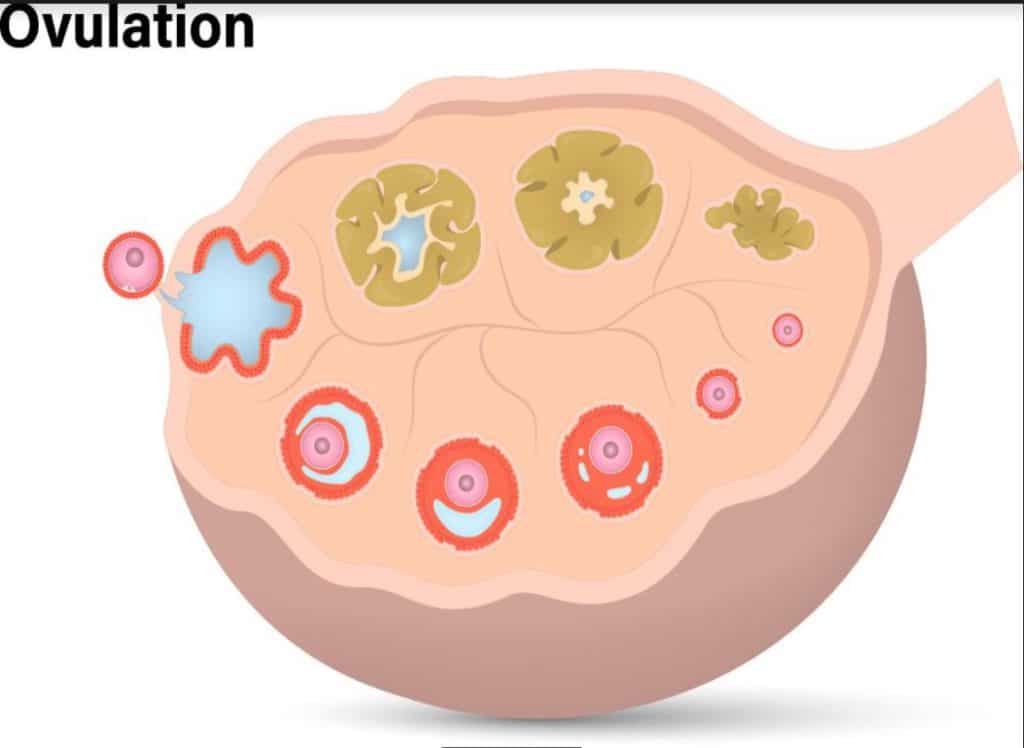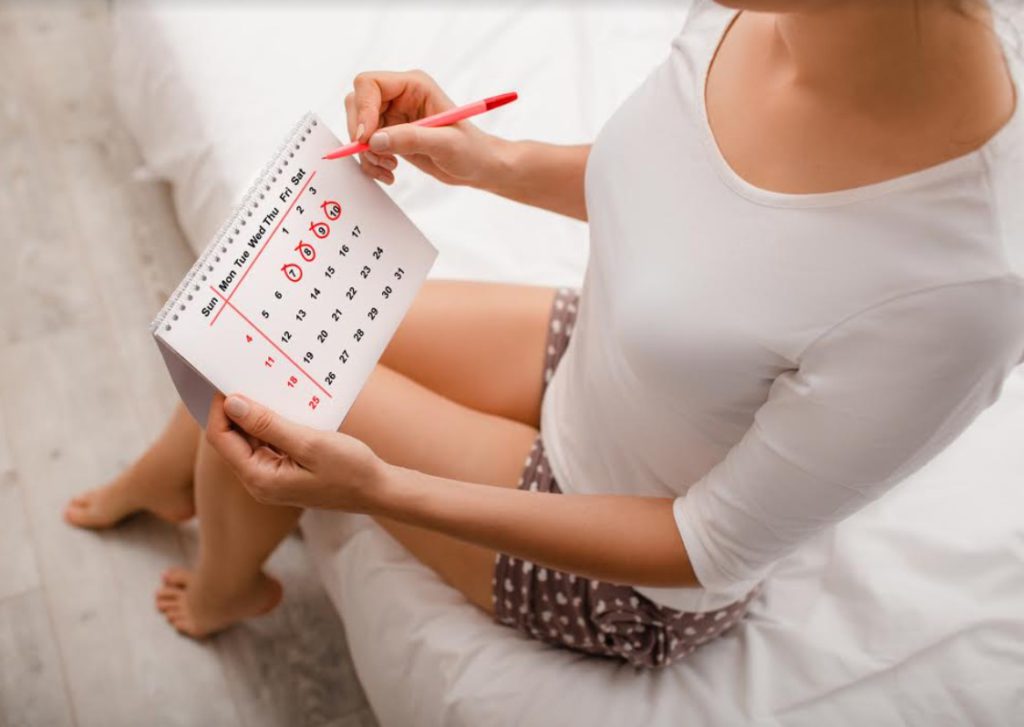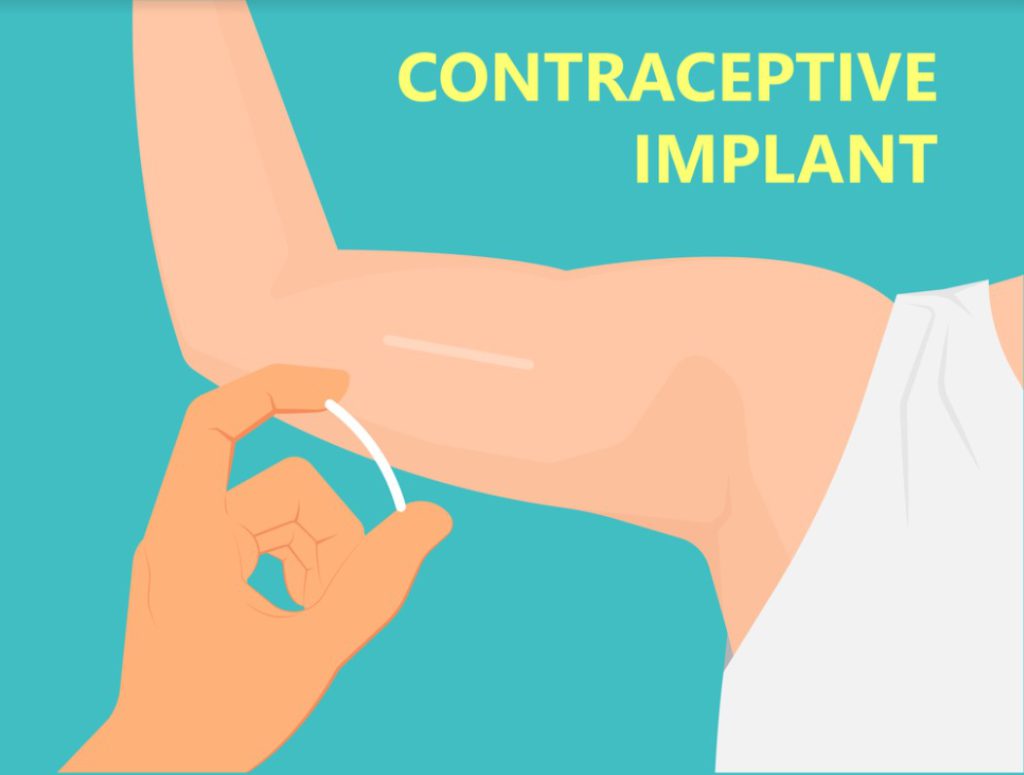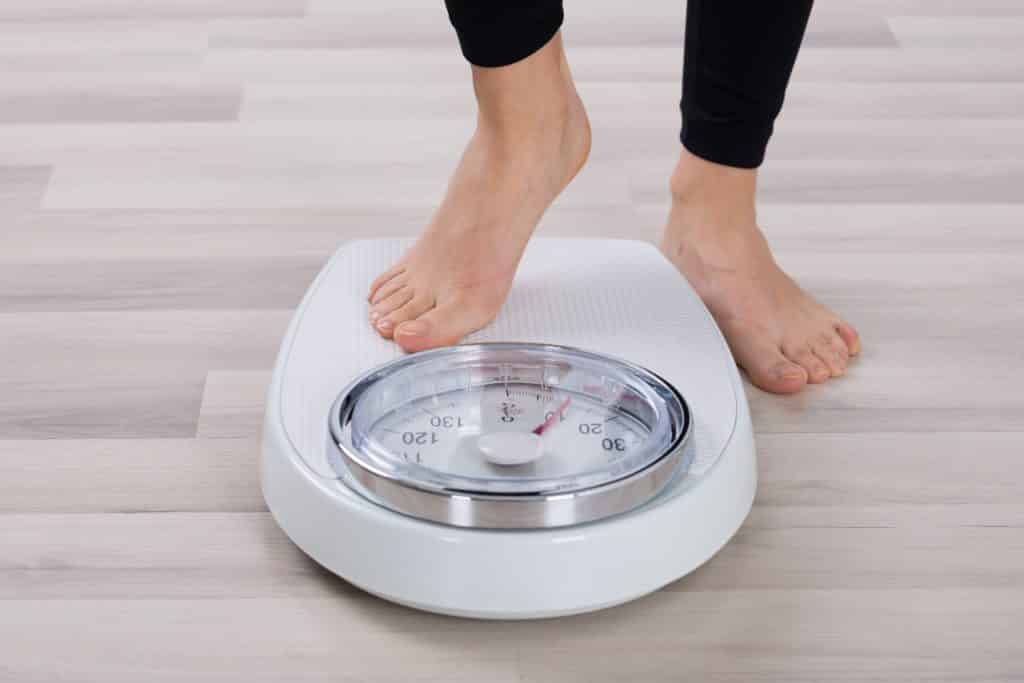There’s this thing with ‘5’ and ‘6’; they usually follow each other. As you’d expect, your periods should only come after you ovulate. Like ‘5’ and ‘6’, they should always follow. Therefore, it’s not a miracle when you find that things don’t follow the usual order. When this happens, you can be sure that something is wrong somewhere. This is usually the case for ovulation and periods too. When you ovulate without a period, it is a clear sign that something is not right.
In this article, you’ll find out what ovulation is, the relationship that exists between ovulation and period, and the possibility of ovulation without a period.
What is ovulation?
Ovulation is part of a normal menstrual cycle.
It is a term used to connote the release of an egg from the ovary. Ovulation is a physiological process that involves the rupture and release of an egg from the ovary into the fallopian tube. In the fallopian tube, the released egg has the potential to become fertilized. The ovulation process is hormonal, hence, it is controlled by the gonadotropic hormones; leutinizing hormone (LH) and follicle-stimulating hormone (FSH).

For conception to occur, the egg has to be released from the ovary into the fallopian tube. It is in the fallopian tube that the egg released can be fertilized. If you are not sexually active, your egg cannot be fertilized. If the released egg is left unfertilized, it disintegrates and the lining of the uterus is shed off.
The shedding off of this uterine lining is what is commonly referred to as menstruation or period.
What is the relationship between ovulation and period?
A menstrual cycle starts on the first day of your period and continues till your ovary releases another egg. Generally, a cycle spans between 21-35 days. However, for some women, it can last longer than 35 days.
The menstrual cycle consists of four phases:
- Menstrual phase
- Follicular phase
- Ovulation
- Luteal phase.
The menstrual phase is the time you actually see the blood. It lasts for about 3-5 days.

While ovulation occurs when an egg is released from your ovary to be fertilized, menstruation or period is the bleeding that occurs after ovulation if fertilization does not occur.
Ovulation occurs in the middle of the menstrual cycle. If fertilization is successful, the fertilized egg will implant on the prepared lining of the uterus; if not, the lining will withdraw and menstruation will start. During menstruation, blood, mucus, and tissue will flow out of the cervix and vagina.
Can you ovulate without a period?
In a normal menstrual cycle, ovulation is followed by menstruation.
However, some women do not experience menstruation even after ovulating. This is usually due to different reasons. Some of the possible reasons include:
1. Scarring of the uterus
The uterus can be scarred following a C-section, a D and C procedure, or a reproductive disease. Scarring of the tissue of the uterus can prevent the uterine lining from building up as it should in the first half of the cycle. This results in a very light period or no period at all.
2. Pregnancy
If the released egg during ovulation gets fertilized by a sperm, it prevents the uterine lining from shedding. Rather, the uterine lining continues to build up in preparation for the implantation of the embryo. Thus, there will be no menstruation.
3. Breastfeeding
Breastfeeding your baby exclusively may stop your period from coming. This is primarily because of the hormonal involvement in the breastfeeding cycle.
4. Certain health conditions
There are some health conditions that prevent bleeding such as Asherman’s syndrome. Women with this kind of condition may not menstruate even if they ovulate.
5. Birth control
Some birth control methods may prevent your period from coming. This should have been explained to you before you were placed on it. If you’re on some birth control methods in this category, you may not see your period for a while.

6. Other medications
In addition to birth control, other medications asides can prevent your period from coming. Some of these medications include blood pressure pills, chemotherapy, allergy medications, and some psychiatric drugs. Any of these drugs may also cause ovulation without period.
7. Obesity
Obese women usually experience irregular menstrual cycles and some may not see their periods at all. Obesity is one of the leading causes of infertility.
Losing weight can help restart your cycle.
8. Underweight
Obesity is not the only reason your period may not come; being underweight is also a reason. In obese people, too much fat distorts the normal hormonal balance in the body. In underweight people, a lack of body fat throws the reproductive cycle off. If you’re underweight, you can restart your cycle by bringing up your weight.

9. Excessive exercise
When you’re obese or underweight, the problem is really not your weight but the amount of fat in your body. Regular exercise lowers your body fat and builds your muscles. This absence of fat, even though your BMI is great, may stop your period.
10. Stress
When you’ve gone through too much stress, either physically or emotionally, it may halt your period. However, it is very unusual for stress alone to cause your period to stop.
Conclusion
Your period should follow ovulation. When this is not so, consistently, a further check needs to be done. This is because irregular periods may be a sign of a deeper underlying issue. Furthermore, ovulation without a menstrual period may affect conception if adequate care is not provided, especially when there’s an underlying medical condition.
Remember, your doctors and healthcare providers are always willing to answer any questions you may have concerning your periods or ovulation.

